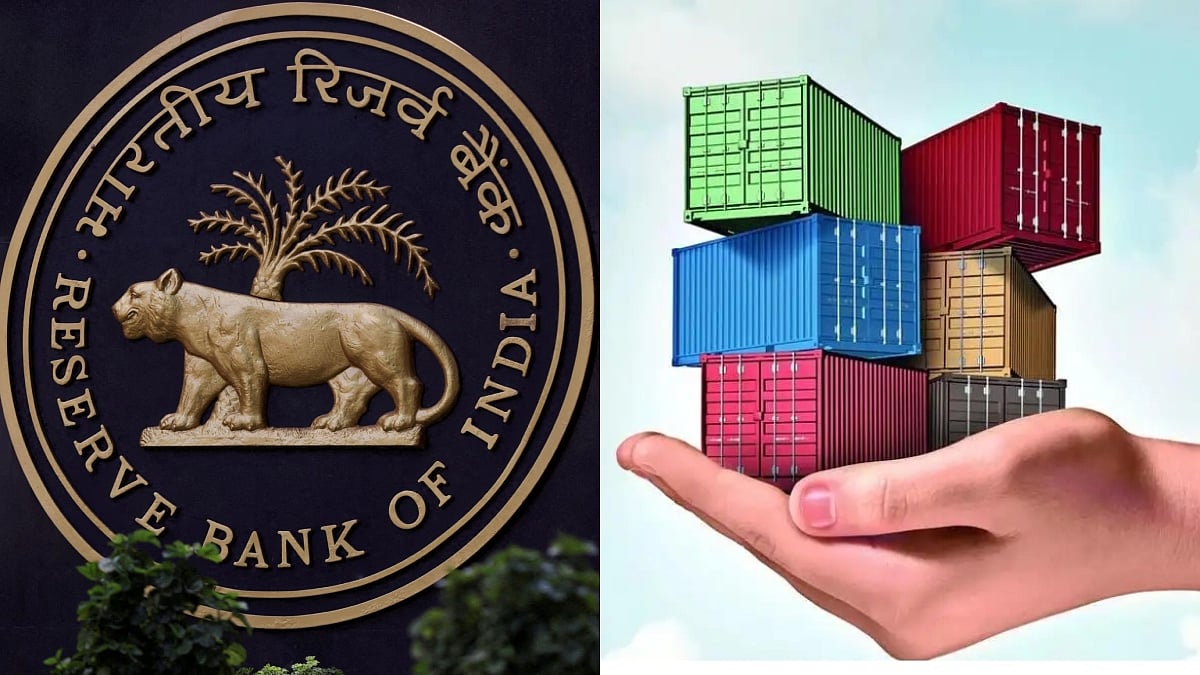In 2019 the Indian government launched subsidies for making electric vehicles more affordable with subsidies for manufacturers under the Faster Adoption and Manufacturing of Electric Vehicles (FAME) scheme. About Rs 10,000 crore was earmarked to incentivise half a million electric three wheelers, a million e-scooters and 55,000 e-cars, to boost local manufacturing of EVs. But with big money involved, the initiative has been blemished by reports of a scam involving EV-makers importing Chinese parts while claiming subsidies meant for Indian components.
Multiple EV companies under the scanner
After being targeted by opposition over the scam earlier this year, the government started digital monitoring of spareparts used in electric vehicles to clampdown on companies using foreign parts but benefiting off subsidies. Although initial allegations were against EV-maker Benling, top sellers Hero Electric and Okinawa have also received notices in the matter, for furnishing documents to authenticate subsidy claims. Now the government is even buying electric scooters from consumers to dissect them and look for foreign parts, to detect companies that have been lying about local components.
Randomly picking samples to catch culprits
Checking vehicles from random people and pulling them apart will allow the government to catch companies red handed if they have been siphoning off tax-payers’ money meant for subsidies. The research is reportedly being conducted at two facilities, one in Pune and another in Manesar, Haryana, and the report will be out shortly. Till the outcome of the investigation clears them, Hero and Okinawa will not be getting any of the subsidies, which have been claimed by 23 firms so far.
Subsidy meant to boost EV adoption
The first phase of the FAME subsidy scheme was launched in 2015 and the second was initiated in 2019 for a period of three years. Apart from reducing emissions and setting up an infrastructure for charging EVs, the scheme also aims to electrify 30 per cent of all transportation in India by 2030. Under it, 10 lakh registered e-scooters will get Rs 20,000 each, while Rs 1.5 lakh has been set aside for 35,000 four wheelers.
In the light of repeated incident of e-vehicles catching fire, even leading to loss of life, the use of cheap imported components instead of authentic local parts could also be a cause of greater concern.
Government reportedly buys random e-scooters to dissect and verify if they have Chinese parts
The operation is part of an investigation that seeks to find EV-makers who are using cheap imported parts but benefiting from subsidies meant for local components.
FPJ Web DeskUpdated: Wednesday, October 12, 2022, 11:25 AM IST

The government is probing firms that allegedly use imported Chinese parts. | Reuters
RECENT STORIES
Reserve Bank Of India Has No Proposal To Impose Fee On UPI Transactions: RBI Governor
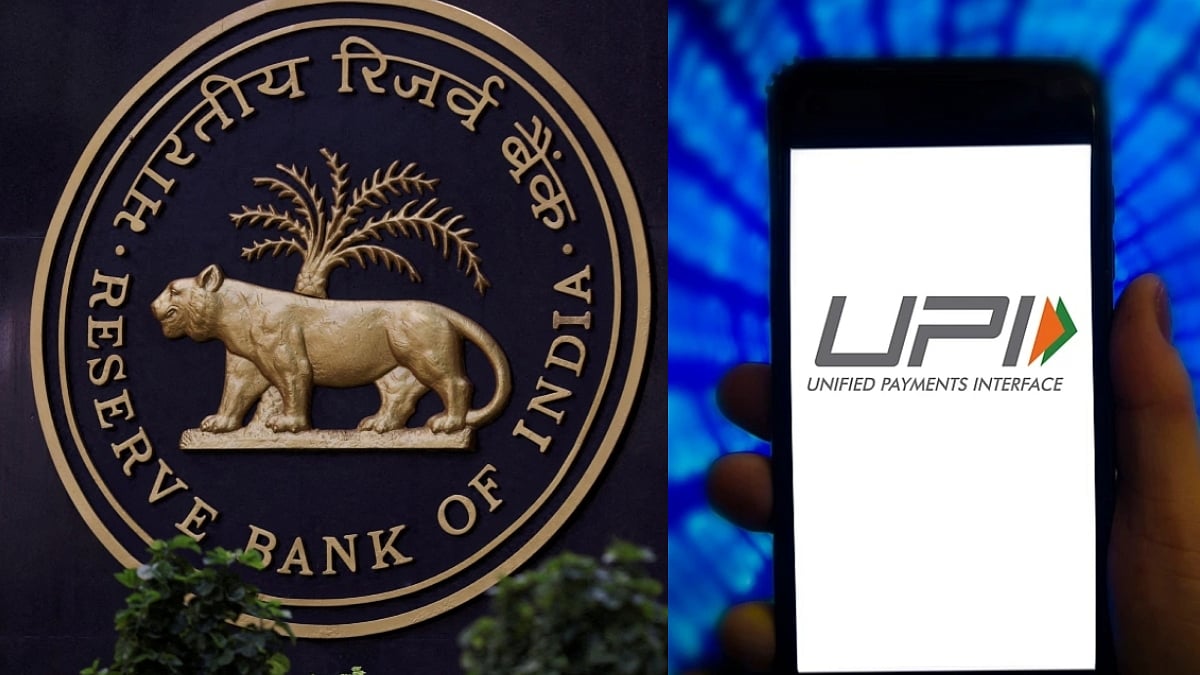
India Sees Billionaire Boom, Adding Over One Tycoon Per Week In 2025: Hurun Report
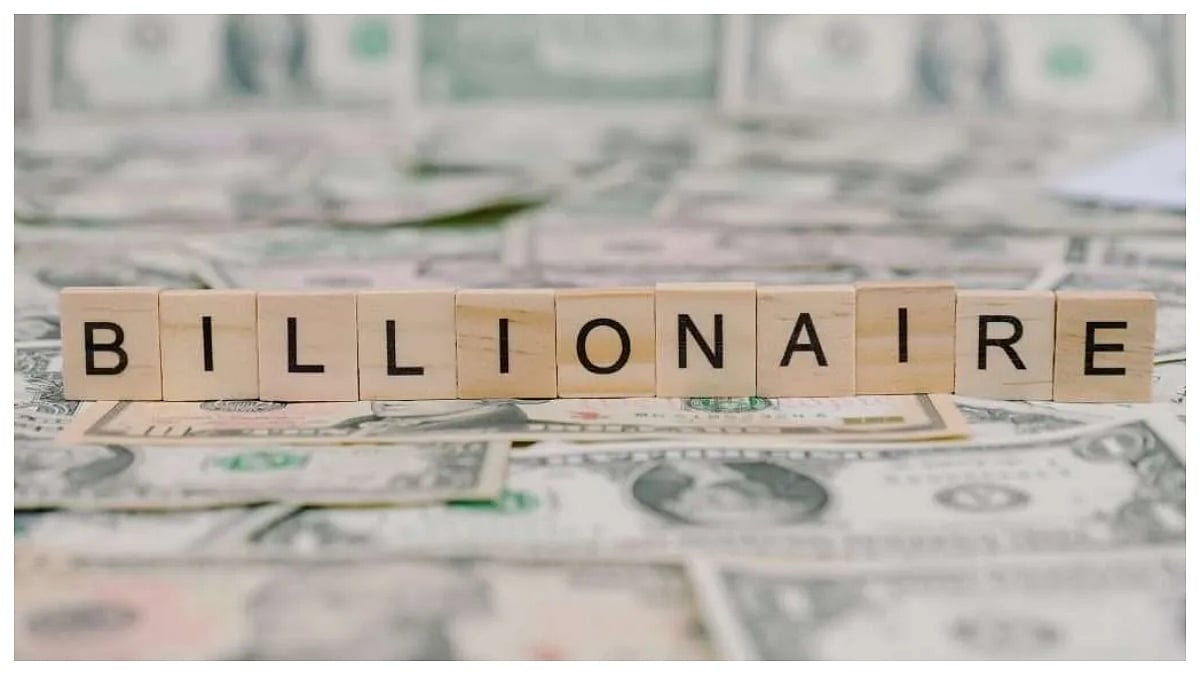
LG Electronics India Sets Price Band At ₹1,080-1,140 Per Share For Much-Awaited ₹11,607 Crore...
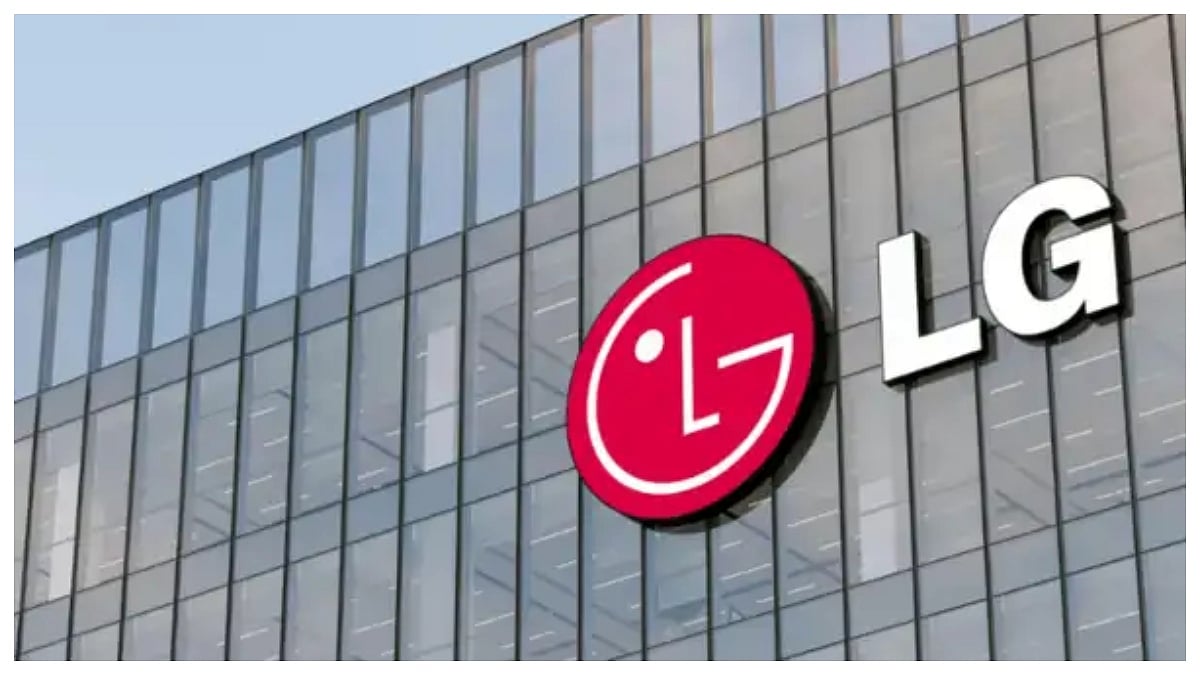
Big DA Hike Ahead Of Festivals, Here's What Government Employees & Pensioners Can Expect This Diwali
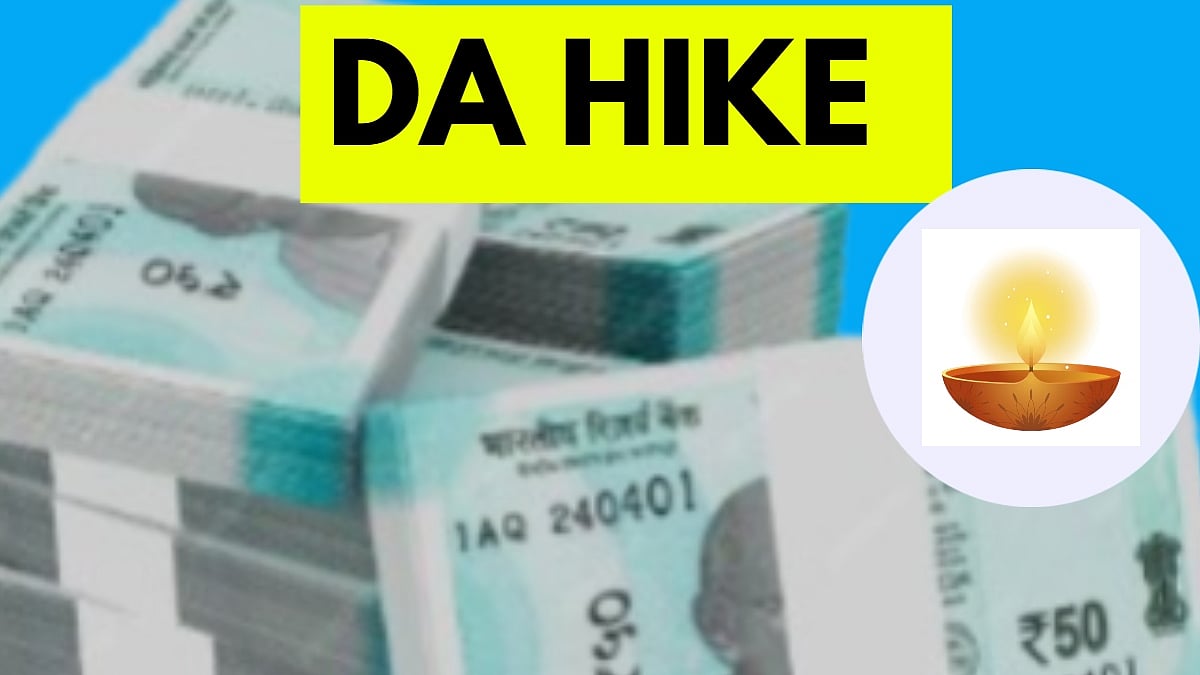
RBI Introduces Foreign Exchange Management Norms To Facilitate Seamless Payments For Exporters
